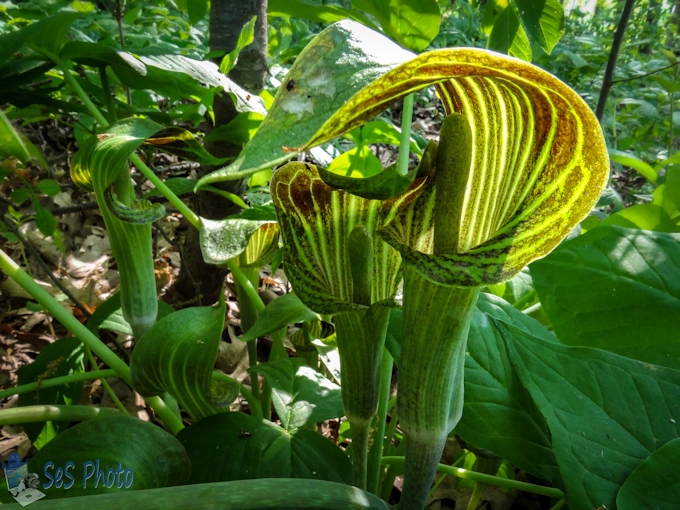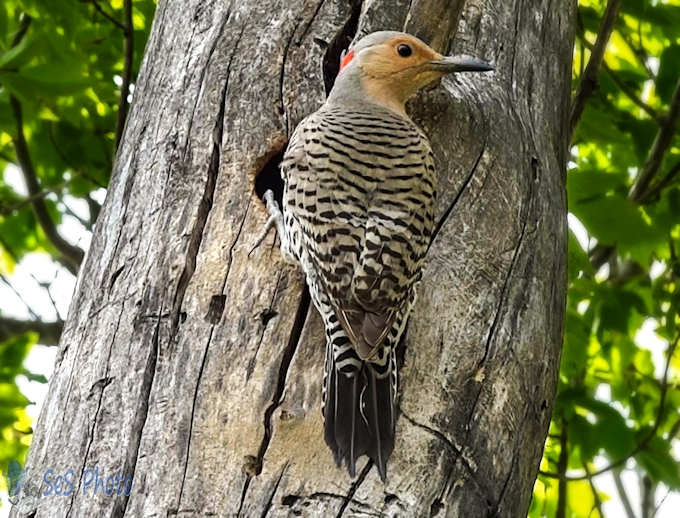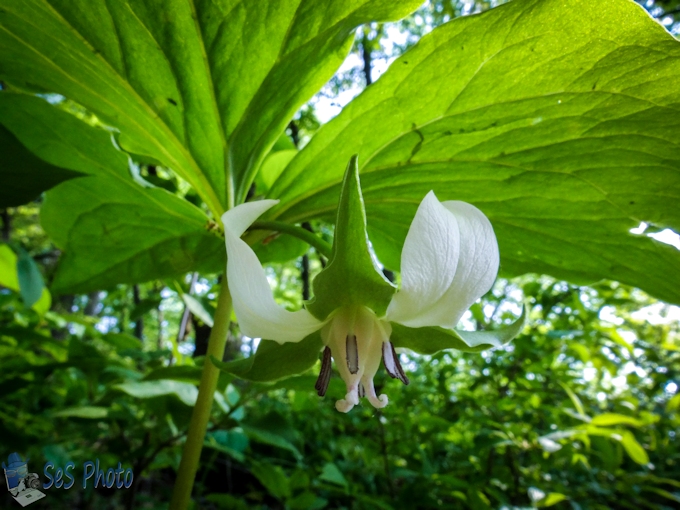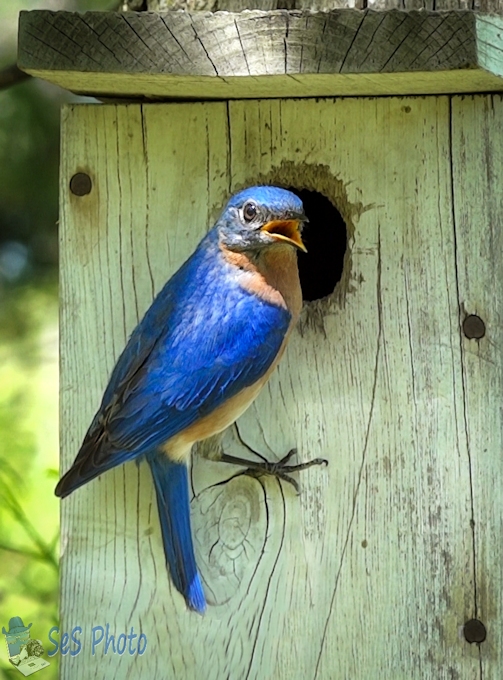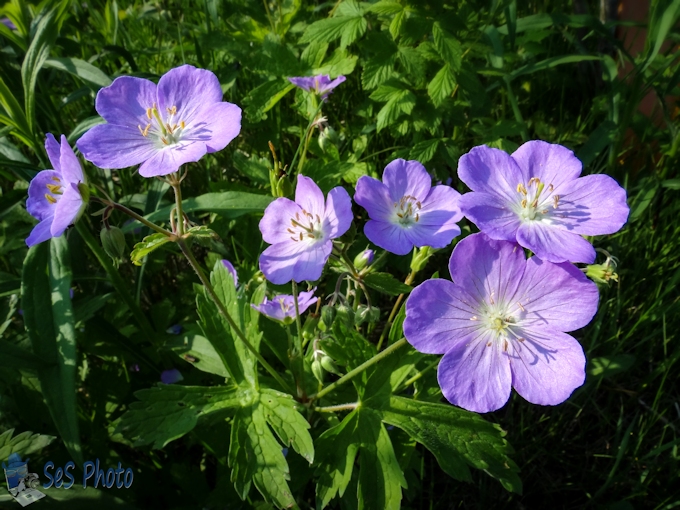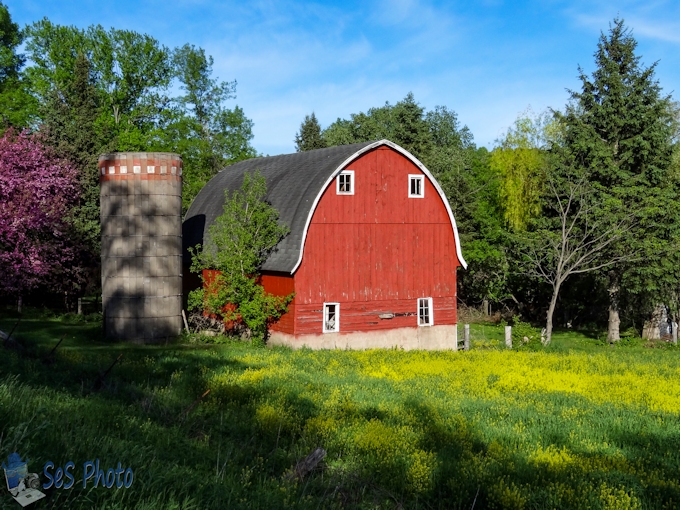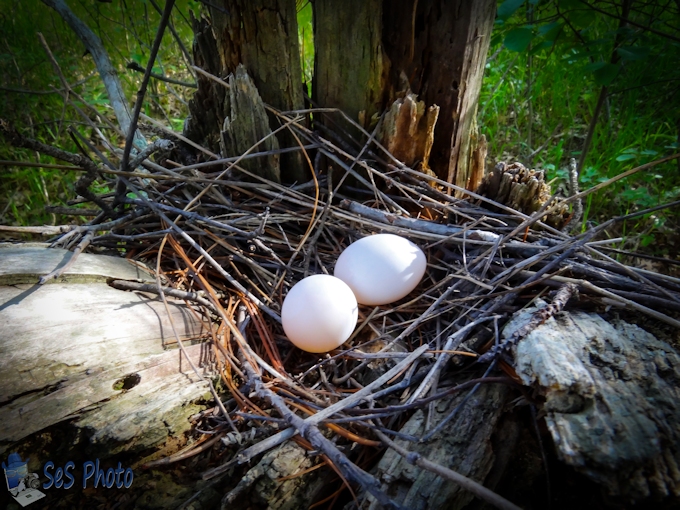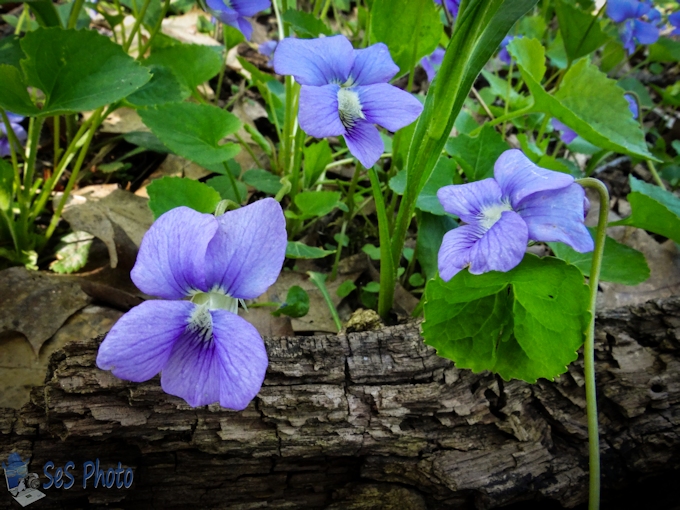Some wildflowers were not able to put on a show this year, especially my trilliums which the deer devoured on me, but the Jack-in-the-Pulpit are out in full force this year and the deer must not like the taste of them and a good reason for it since the leaves are poisonous. But the flower is a weird looking plant and what we think is the flower is really deep inside and at the bottom of the ‘pulpit’, as the pulpit is the spathe and the ‘minister’ is a spadix. The true flowers are located at the very base of the spadix.
The Jack-in-the-Pulpits are also unusual since each plant has a particular sex instead of having both parts on the plant. The male has little anthers at the base of the ‘Jack’ and females have a cluster of green berries, which turn red in the fall.
Even though separate male and female flowers, pollination does occur with a bit of trickery as the ‘pulpit’ produces the smell of mushroom to attract tiny insects. And since the hood blocks the sunlight and the lower part of the pulpit is paler and lets more light in so the insects move down to the light and picks up or drops off pollen.
The flower will also change sex from year to year as the female takes more resources to produce the baby plants, so if the plant’s corm was able to store a lot of food, then it will be a female plant the next spring and shoot up two leaves. Otherwise with less nutrients, the plant will be a male (as he doesn’t have as much work to do producing pollen), and send up only one leaf. In really bad years or young plants, there will be no ‘pulpit’ and just a single leaf instead.
The Odd Jack-in-the-Pulpit


